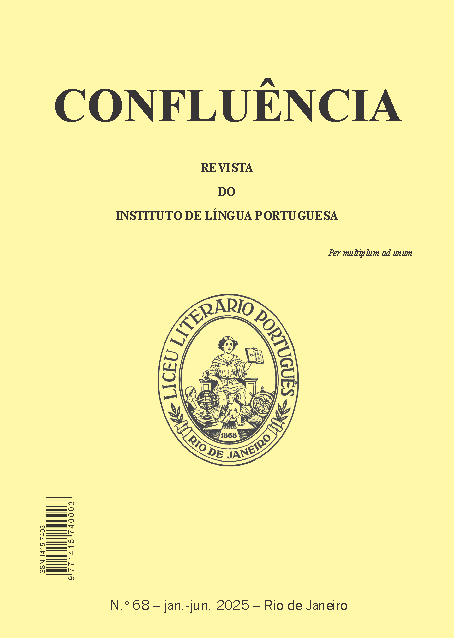Teacher training in bilingual education and the implications of using monolingual methodologies: strategies for improving pedagogical practices at Cunheia primary school, Mocuba district, Zambézia
DOI:
https://doi.org/10.18364/rc.2025n68.1443Keywords:
Bilingual education, teacher training, monolingual methodologiesAbstract
This study analyzed the training of in-service teachers in bilingual education and the implications of using monolingual methodologies in Mozambican primary schools, focusing on Cunheia Primary School, Mocuba. The research used questionnaires and classroom observations to identify pedagogical practices and challenges faced by teachers. The results indicate that the lack of specific training in bilingual education leads teachers to adopt monolingual methods, exacerbated by the lack of adequate teaching resources. The hypotheses were confirmed, highlighting the need for continuous training and bilingual teaching materials. It is concluded that the success of bilingual education depends on improving teacher training and pedagogical support.
Downloads
References
BERUCHOVITH, C.; GARCIA, P. Ensino bilíngue: desafios e estratégias. Revista Educação e Multilinguismo, 2010.
CHAMBAL, B. A importância da formação contínua no ensino bilíngue em Moçambique. Revista Pedagógica, v. 2, n. 3, p. 45-62, 2022.
CUMMINS, J. Bilingual Children’s Mother Tongue: Why Is It Important? Sprogforum, v. 19, n. 7, p. 15-20, 2000.
FREIRE, P. Pedagogia da autonomia: saberes necessários à prática educativa. 21. ed. São Paulo: Paz e Terra, 2001.
GARCÍA, O. Bilingual education in the 21st century: a global perspective. Malden, MA: Wiley-Blackwell, 2009.
GOLIAS, R. Ensino monolingue versus ensino bilíngue: uma análise crítica. Revista Brasileira de Educação, n. 12, p. 35-52, 1999.
INSTITUTO NACIONAL DE DESENVOLVIMENTO DA EDUCAÇÃO (INDE). Estratégias para a formação de professores no ensino bilíngue em Moçambique. Maputo: INDE, 2019.
MINEDH. Documento estratégico de expansão do ensino bilíngue 2020- 2029. Maputo: Ministério da Educação e Desenvolvimento Humano, 2020.
PINTO, M. Educação bilíngue em Moçambique: desafios e perspectivas. Revista de Educação e Cultura, v. 9, n. 2, p. 123-145, 2017.
SKUTNABB-KANGAS, T. Linguistic genocide in education – or worldwide diversity and human rights? Mahwah, NJ: Lawrence Erlbaum Associates, 2003.
TRIVINOS, A. N. S. Introdução à pesquisa em ciências sociais: a pesquisa qualitativa em educação. 3. ed. São Paulo: Atlas, 2007.
Downloads
Published
Issue
Section
License
Copyright (c) 2025 Brain Daniel Tachiua, Paulo Vasco Chacanza, Anastácio Joaquim Nhambau

This work is licensed under a Creative Commons Attribution-NonCommercial 4.0 International License.
The author who publishes in this journal agrees to the following terms: The author maintains the copyright and grants the journal the right of first publication, with the work simultaneously licensed under the Creative Commons Attribution License that allows the sharing of the work with acknowledgment of the authorship and initial publication in this journal. The author is authorized to take additional contracts separately, for non-exclusive distribution of the version of the work published in this journal (eg publish in institutional repository or as a book chapter), with acknowledgment of authorship and initial publication in this journal. The author is allowed and encouraged to publish and distribute his work online (eg in institutional repositories or on their personal page) at any point before or during the editorial process, as this can generate productive changes, as well as increase the impact and citation of the published work.








